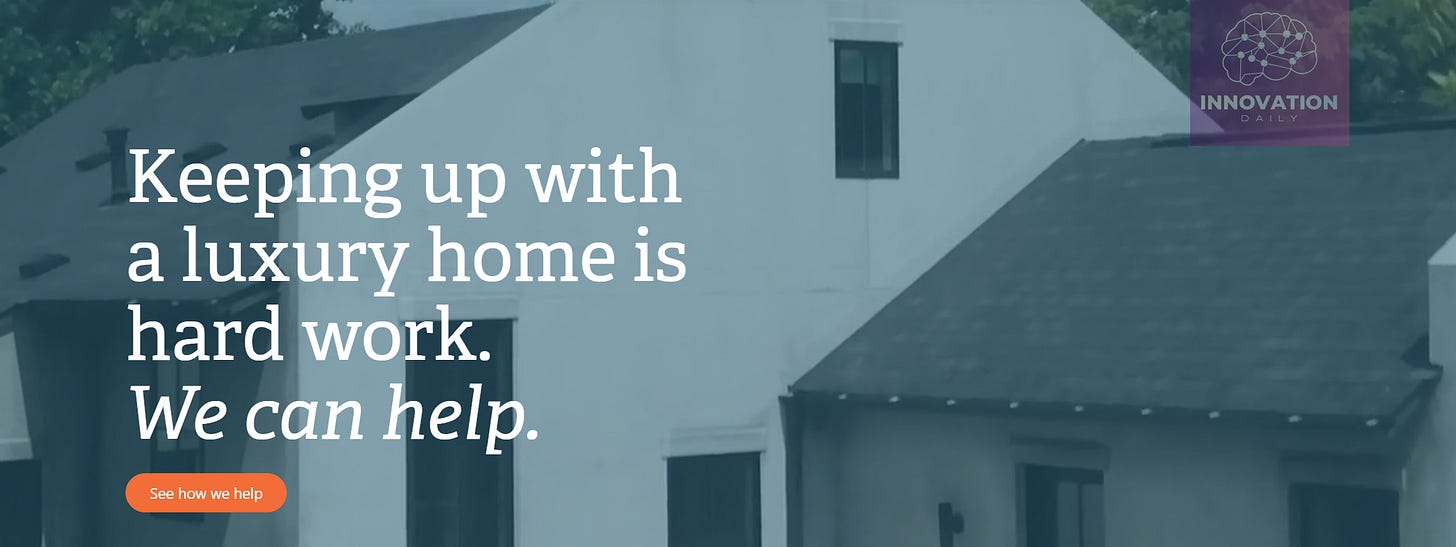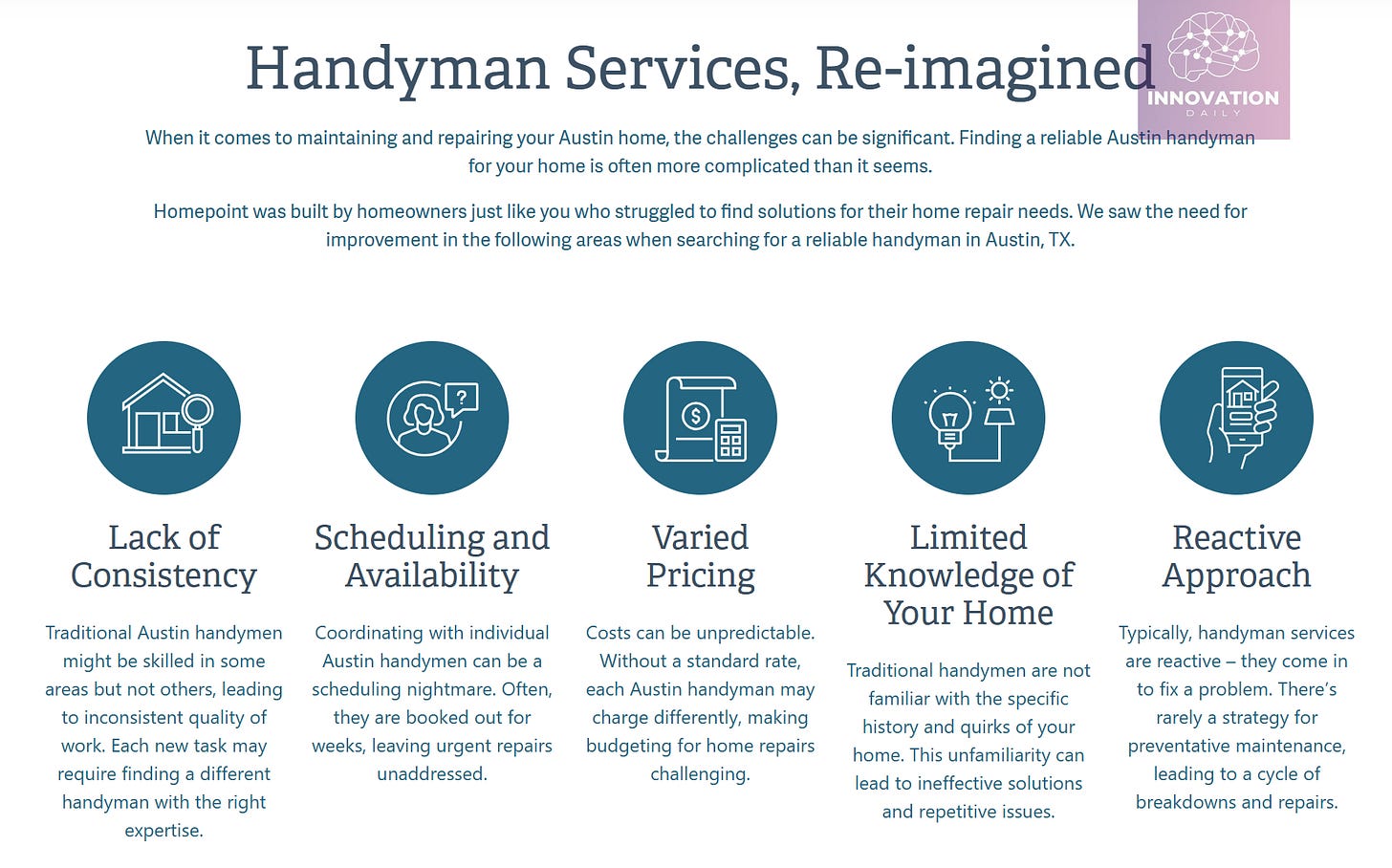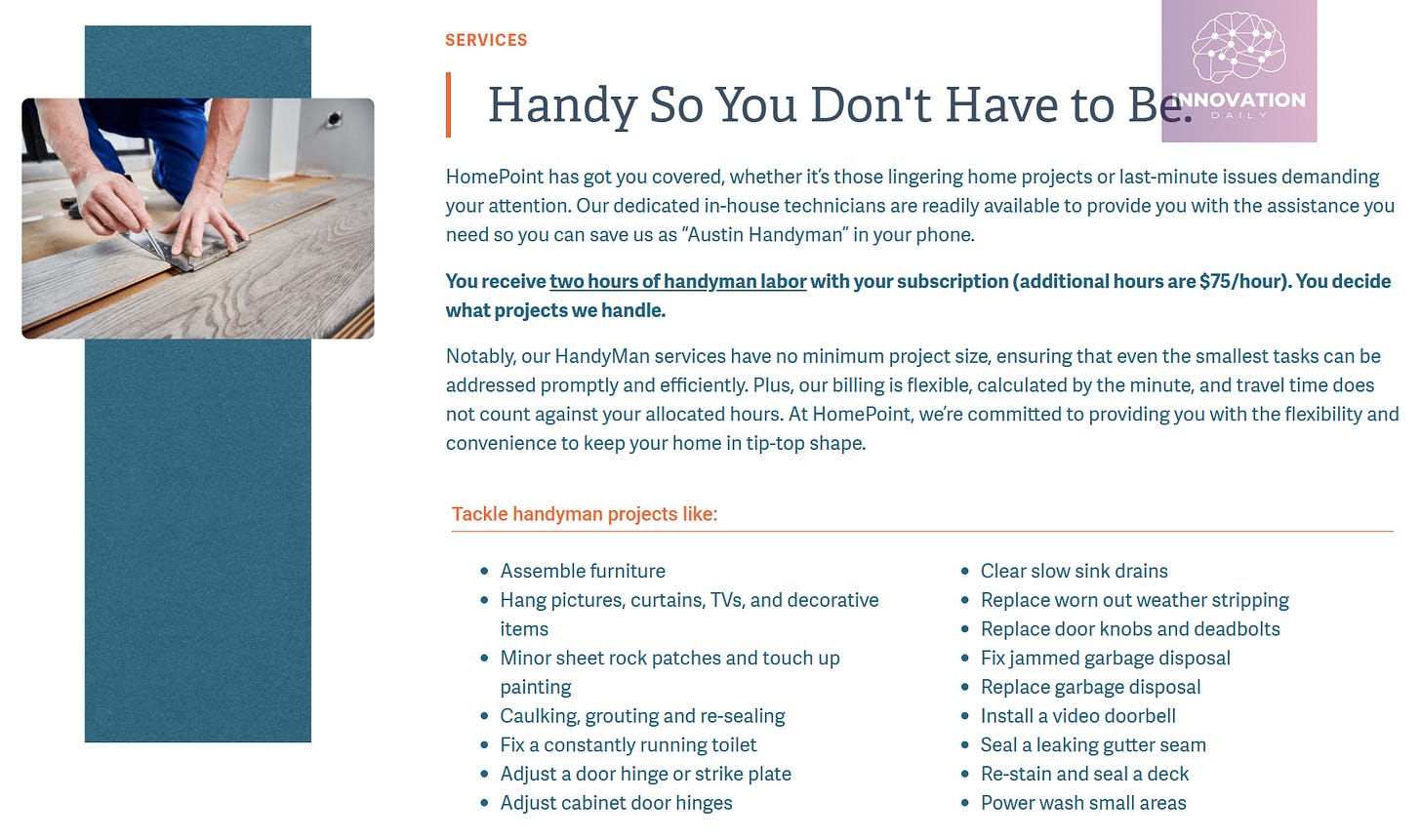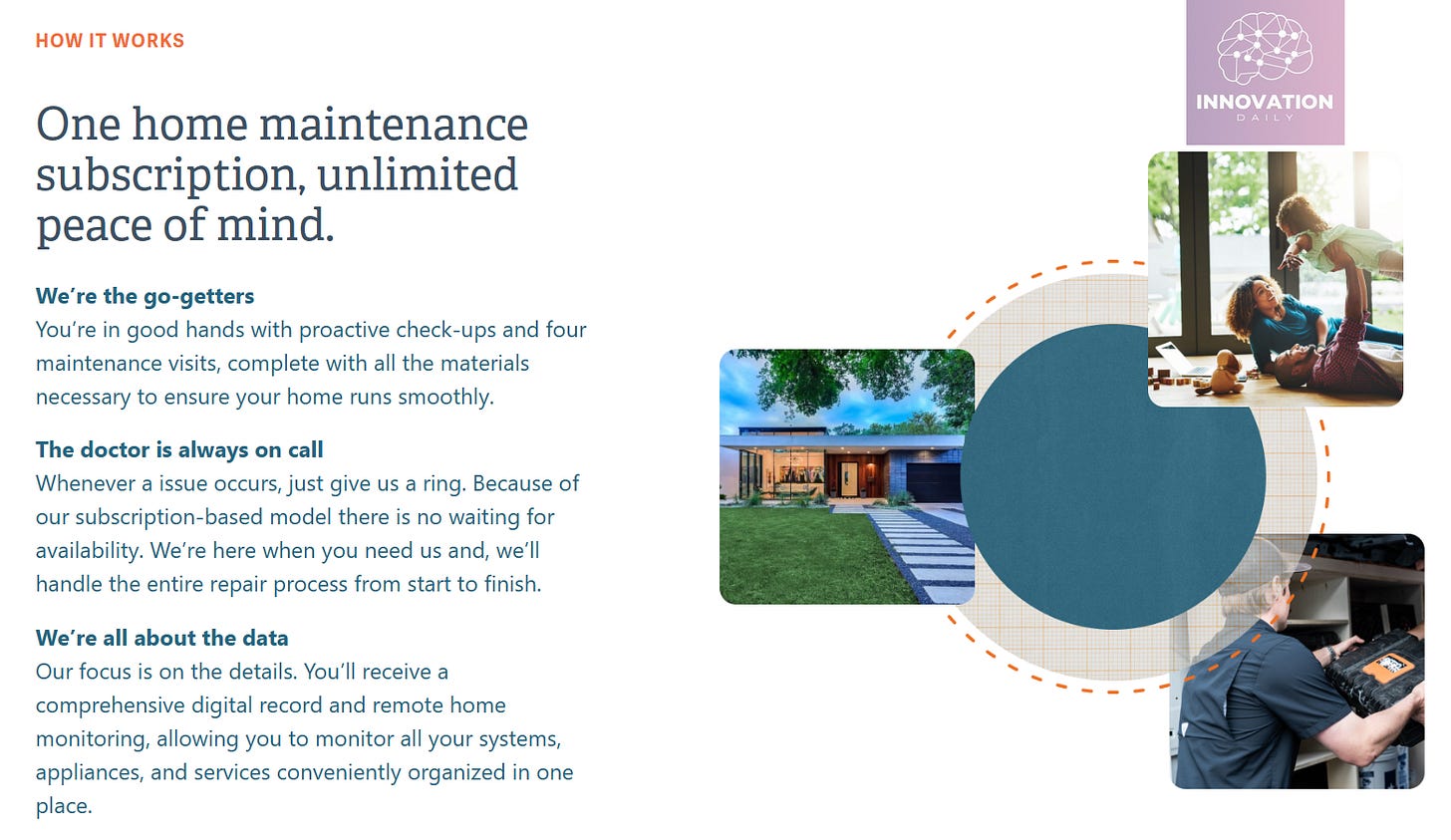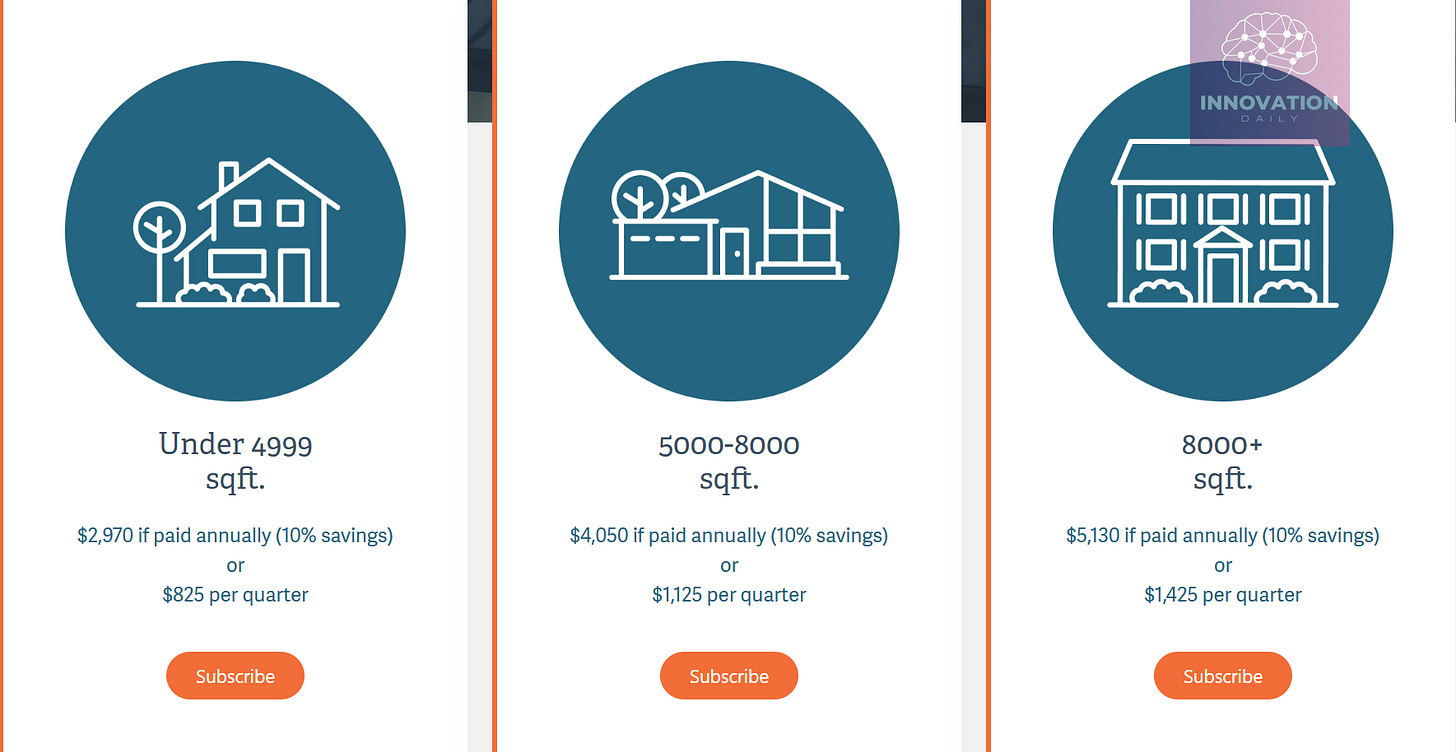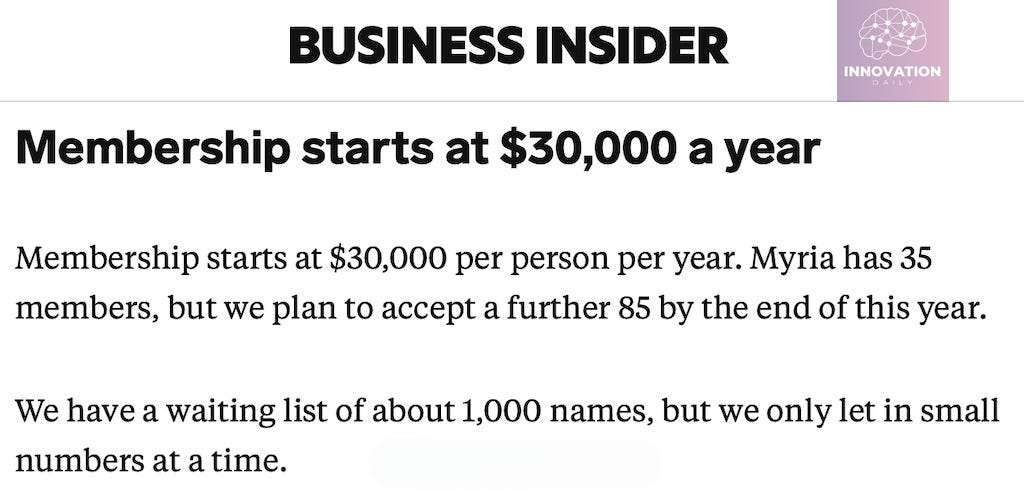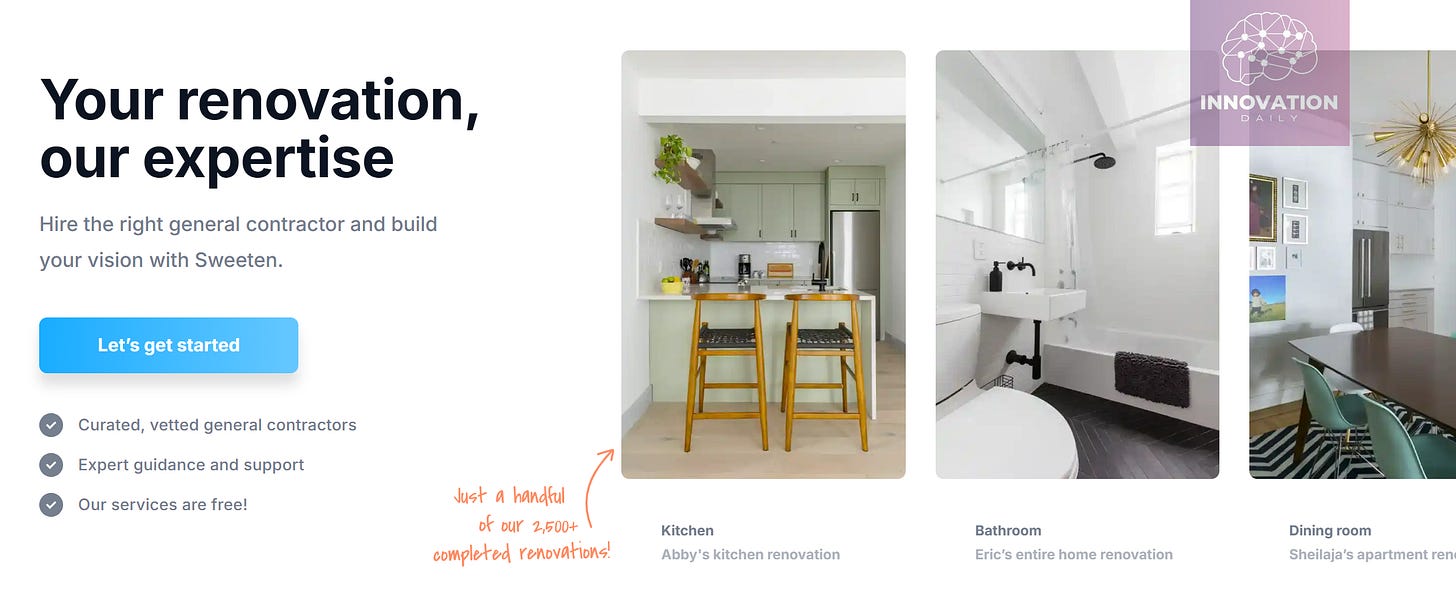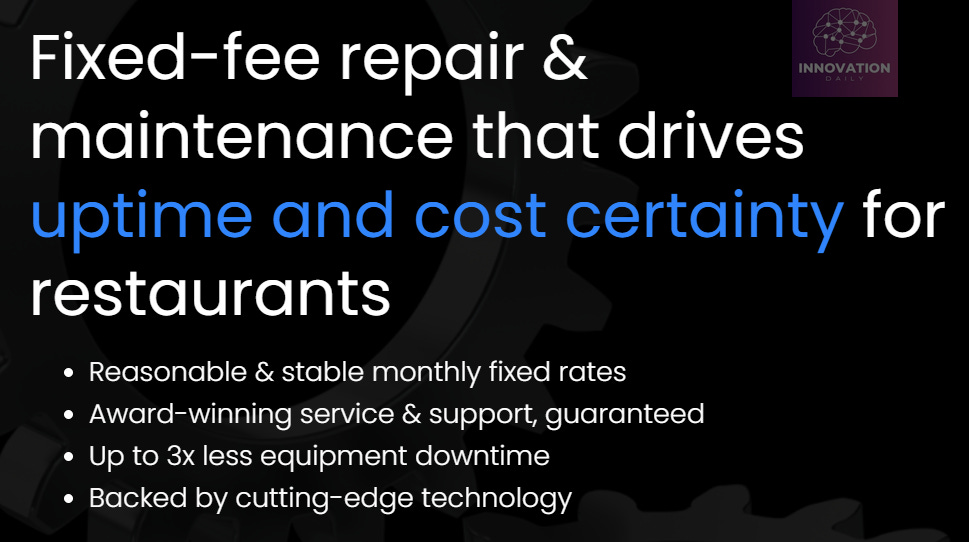Luxury Living on Autopilot
Today’s featured startup is turning luxury home maintenance into a smart, fully managed subscription.
Project Overview
HomePoint is a subscription-based home maintenance service for high-end homes.
The startup promises to handle everything related to keeping a luxury home in top shape — from minor tasks like hanging art, fixing the shower, or replacing filters, to full-on cosmetic and structural renovations.
Homeowners can request help as needed, but HomePoint also proactively dispatches specialists: quarterly visits for general upkeep, and annual deep inspections to identify issues before they become costly repairs.
Preventive maintenance is at the core of HomePoint’s service. The company has built a data-driven maintenance model based on a large dataset of home performance and equipment reliability. This allows them to predict when things typically break — and prevent it in advance.
That’s why the service is offered via annual subscription. The yearly fee includes inspections and minor tasks, while larger repairs (and materials) are charged separately.
Subscription pricing ranges from $2,160 to $5,130 per year, depending on home size. Quarterly payments come with a 10% markup.
Currently, HomePoint operates only in the Austin, Texas area — and has been doing so for several years without raising outside funding. Only recently did the team decide to raise its first $2 million to expand into new markets.
What’s the Gist?
1. Serving the Top of the Market
HomePoint resembles other home maintenance startups like Honey Homes (which has raised $12.1M), but with a key difference: it focuses exclusively on luxury properties.
Their thesis is that wealthy homeowners often overpay for repairs and maintenance, for two reasons:
Larger homes with more equipment provide more opportunities for contractors to sneak in unnecessary costs.
Contractors assume high-end clients can afford higher rates — and price accordingly.
This focus on affluent customers taps into a broader trend: “luxury clones” — services functionally similar to mainstream ones, but designed and priced for the wealthy.
Think Myria or Long Story Short, two startups offering exclusive marketplaces for luxury goods with gated access ($1,000/month for LSS, $30,000/year for Myria).
2. From Random Contractors to Curated Pros
HomePoint doesn’t send just any handyman. While their repairs are done by third-party contractors — the same ones you might find on a marketplace — the key difference is HomePoint chooses the best one for you.
That’s a textbook example of a managed marketplace: the service handles the vendor selection and manages quality control, so the customer doesn’t have to guess who’s good.
This approach removes friction and improves outcomes — and it’s a model already gaining traction. For instance, Sweeten, another home renovation startup, raised $20.7M by applying the same model to construction projects.
3. Maintenance as a Subscription
HomePoint sits at the intersection of a powerful shift: the subscription model is entering the home services space.
Other startups like Scription and Pipedreams now offer subscriptions not for repairs — but for avoiding repairs through proactive maintenance.
In this model, companies become data-driven IT platforms. They collect and analyze equipment failure data to optimize what to inspect and when — creating personalized maintenance schedules.
The benefits are clear:
Homeowners save money by avoiding costly breakdowns.
Service providers gain recurring revenue and predictable growth.
Key Takeaways
Target the top end of the market. Build luxury versions of everyday services for clients who are willing to pay more for peace of mind and higher quality.
Build a managed marketplace. Take the guesswork out of hiring — curate, vet, and take responsibility for service providers. This model works in virtually any service category.
Adopt the subscription model. Instead of charging per incident, monetize stability and prevention. This brings SaaS-style recurring revenue to the real world.
Or do all three — like HomePoint.
Combine managed marketplace + luxury targeting + subscription = high average ticket + low churn + strong margins.
The renovation industry may not sound “venture-scale” at first glance — but when paired with data, subscriptions, and smart UX, it becomes a scalable tech play.
And as investors start paying attention to startups modernizing home services, now’s the perfect time to ride the wave.
So here’s the question:
What service category would you transform into a smart, data-driven, luxury subscription product?
Company Info
HopePoint
Website: gohomepoint.com
Last round: $2M, 25.04.2024
Total Investment: $2M, across 1 round



